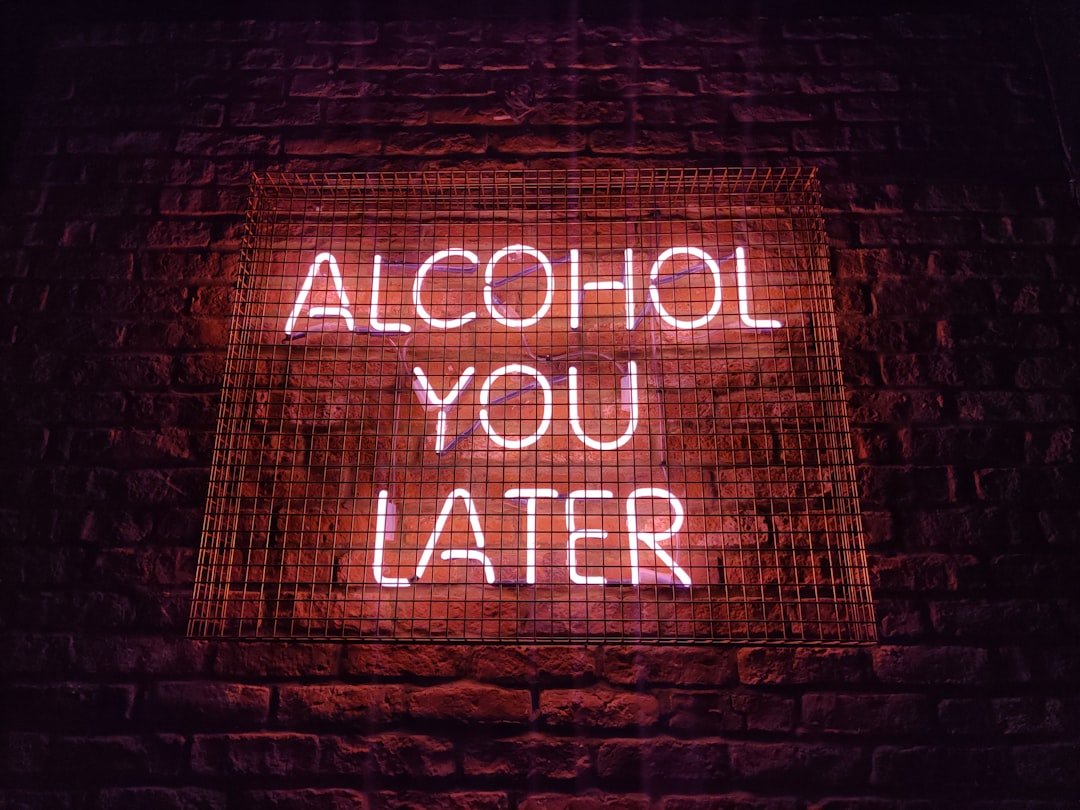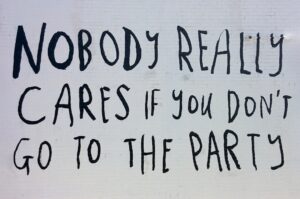I remember the moment I knew I had a problem. It wasn’t some dramatic rock bottom, just a quiet, heavy feeling that the drink in my hand had more control over me than I did. If you’re reading this, maybe you know that feeling too. You feel stuck, ashamed, and alone. I want you to know you are not alone, and there is a way forward.

I’ve been there, not just with alcohol but with a whole host of unhealthy habits that were weighing me down. I was overweight, lazy, and felt disconnected from my purpose. Breaking free felt impossible. But it wasn’t. It was a journey of a thousand small steps, and it started with the decision to try.
Here are 15 tips that truly helped me, and I hope they can help you too.
1. Acknowledge the Truth
You have to be honest with yourself first. Stop pretending it’s not a big deal. Stop saying “I can quit anytime I want.” Look the problem in the eye and call it what it is. Admitting you need to change is the first and most powerful step you can take. It’s not a sign of weakness; it’s a sign of incredible strength.
2. Talk to Someone You Trust
Shame thrives in silence. The moment you speak your struggle out loud to someone who cares, you rob it of its power. This could be a close friend, a family member, a pastor, or a trusted advisor. You don’t need a solution from them. You just need to know you’re not carrying this burden by yourself.
3. Find Your “Why”
Why do you want to quit? Is it for your health? For your family? To reconnect with your faith? To be present in your own life? Write your reasons down. When the cravings get tough and your motivation fades, your “why” will be the anchor that holds you steady.
4. Change Your Environment
It’s hard to stay dry in a rainstorm. Get rid of all the alcohol in your house. Avoid the bars or situations where you typically drink, at least for a while. If friends pressure you to drink, you may need to distance yourself. Create a safe space that supports your new life, not your old one.
5. Find New Things You Enjoy
When you remove alcohol, you create a void. You need to fill it with something positive. What did you enjoy before drinking took over? Try picking up an old hobby or finding a new one. Go for walks, read books, learn an instrument, or join a sports league. Give your brain new, healthy ways to feel good.
6. Focus on Your Physical Health
Alcohol wrecks your body. Start healing it. Focus on eating nourishing food and moving your body. It doesn’t have to be intense. Just a simple walk every day can make a huge difference. When I stopped drinking and started focusing on my health, the mental fog lifted. This was the same path that helped me lose over 110 pounds and feel truly alive again.
7. Build a Simple Routine
Addiction loves chaos and idle time. A simple routine brings structure and purpose to your day. Plan your mornings and your evenings. A predictable schedule helps you build momentum and removes the guesswork, leaving less room for old habits to creep back in.
8. Celebrate the Small Wins
Don’t wait until you’re a year sober to feel proud. Did you make it through a Friday night without a drink? Celebrate that. Did you turn down a beer at a party? That’s a huge victory. Acknowledge every small win. This builds confidence and reminds you that you are making progress.
9. Lean on Your Faith
For me, this was the most important step of all. My Christian Orthodox faith became my anchor. When I felt weak, I prayed. I didn’t look inward for strength I didn’t have; I looked upward to God who has an infinite supply. Reading the Scriptures and attending church reminded me that I was loved and forgiven. It gave my struggle a higher purpose and gave me a peace that nothing else could.
10. Forgive Yourself
You’re going to have moments of regret. You will think about past mistakes. You must learn to forgive yourself. Holding on to guilt and shame will only pull you back down. God’s grace is bigger than your mistakes. Accept it, and give that same grace to yourself.
11. Know Your Triggers
What makes you want to drink? Is it stress? Boredom? Loneliness? A certain person or place? Identify your triggers. Once you know what they are, you can make a plan to either avoid them or handle them differently.
12. Have a Plan for Cravings
Cravings will happen. The key is to be ready for them. When a craving hits, what will you do instead of reaching for a drink? Your plan could be to call a friend, go for a run, pray, or drink a big glass of ice water. Having an immediate action plan is your best defense.
13. Practice Daily Gratitude
Addiction makes you focus on what’s wrong. Gratitude shifts your focus to what’s right. Every day, take a minute to think of three things you’re thankful for. It can be as simple as a sunny day, a good meal, or a kind word from a stranger. Gratitude rewires your brain to see the good that is already in your life.
14. Be Patient with Yourself
You didn’t develop this addiction overnight, and you won’t overcome it overnight. This is a journey, not a race. There will be good days and hard days. The goal is progress, not perfection. Just keep moving forward, one day at a time.
15. Seek Professional Help if Needed
There is no shame in needing help. If you’re struggling to do this on your own, consider talking to a doctor, a therapist, or a Christian counselor. Support groups can also be incredibly helpful. Taking this step is a sign of wisdom and courage.
Overcoming addiction is the hardest and best thing I have ever done. It gave me my life back. It can do the same for you. It’s not about becoming a perfect person overnight. It's about taking one small, brave step in the right direction.
So, let me ask you: What is one small step you can take today?





